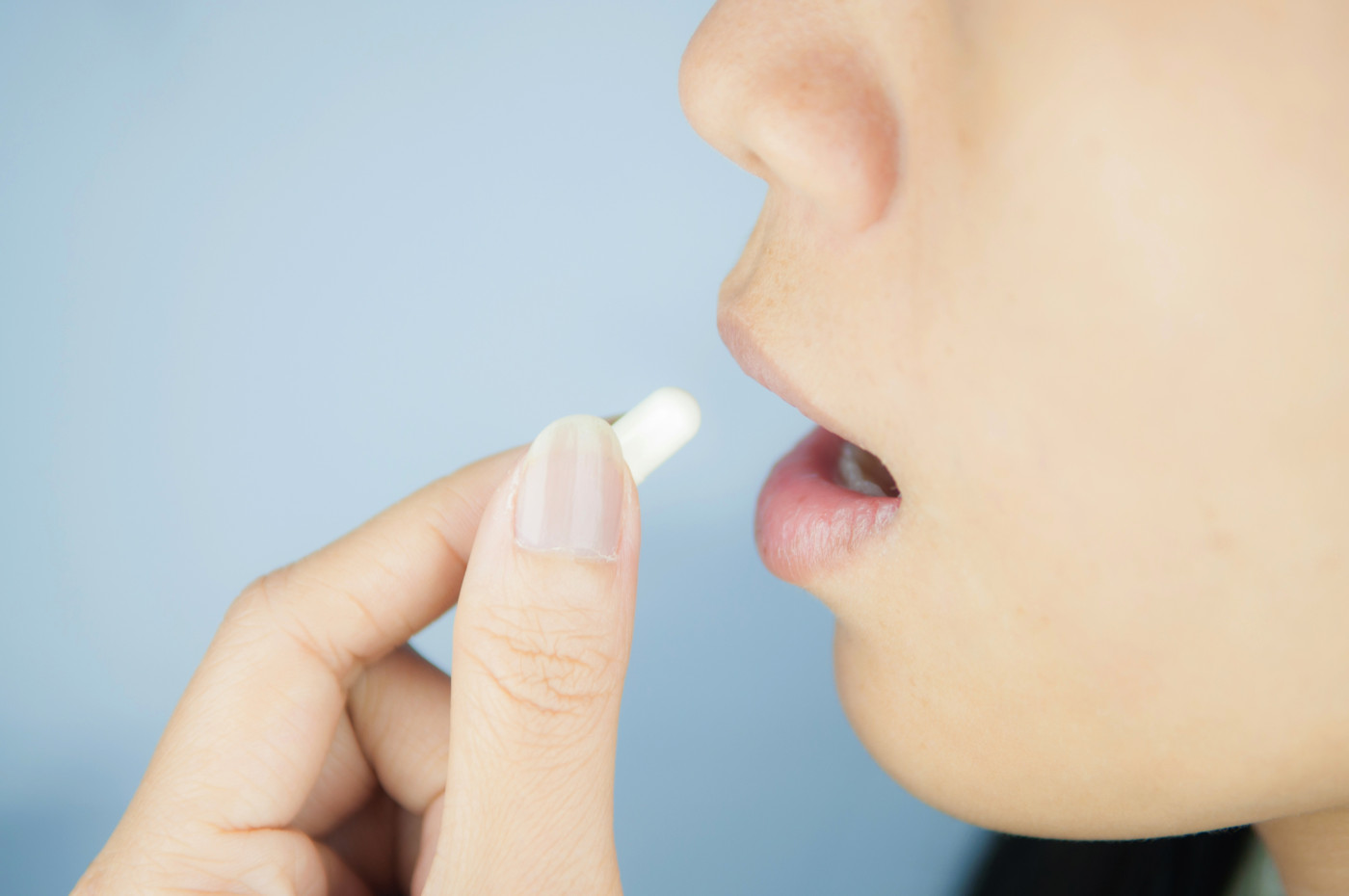Tecfidera May Be Effective Option for Relapsing MS Patients Who Fail to Respond to Glatiramer Acetate
Written by |

Tecfidera (dimethyl fumarate) may be an effective treatment option for patients with early relapsing forms of multiple sclerosis (MS) who fail to respond adequately to glatiramer acetate, according to a post-hoc analysis of an observational study.
The findings were reported in an article, “Effectiveness of Dimethyl Fumarate in Patients With Relapsing Multiple Sclerosis Switching After Suboptimal Response to Glatiramer Acetate, Including Patients With Early Multiple Sclerosis: Subgroup Analysis of RESPOND,” published in the journal Neurology and Therapy.
Marketed by Biogen, Tecfidera is an oral disease-modifying therapy (DMT) that has been approved as a first-line treatment for adults with relapsing-remitting MS (RRMS) in several countries worldwide. In the U.S., the therapy is approved for the treatment of relapsing forms of the disease, and several generics have also been approved, including those marketed by Cipla, Lupin, and Mylan.
The therapy is thought to lower inflammation and oxidative stress — cell damage caused by high levels of oxygen reactive species — in the brain and spinal cord by interfering with a signaling cascade involving Nrf2, a protein that controls the activity of genes that regulate oxidative stress.
In previous clinical trials, Tecfidera was found to be superior to a placebo at lowering MS relapse rates and increasing the time to disease worsening. A comparative study and a systematic review have also found Tecfidera to be more effective than other injectable DMTs, including glatiramer acetate (sold as Copaxone, among others) at reducing annual MS relapse rates and delaying the time to first relapse.
Now, investigators at Biogen and collaborators reported the findings of a post-hoc analysis of RESPOND (NCT01903291), a 12-month observational study that aimed to evaluate the effectiveness of Tecfidera — when given in 240 mg capsules twice daily — to adults with relapsing MS who failed to respond adequately to glatiramer acetate treatment.
Previous data from RESPOND showed that in the overall population of patients participating in the trial, the annual MS relapse rate dropped by 78% in the year after they started Tecfidera treatment compared with the year before treatment initiation.
Additionally, treatment with Tecfidera improved several patient-reported outcomes, including overall physical and mental health, over the course of the study.
In the new post-hoc analysis of the study, researchers assessed the effectiveness of Tecfidera in a sub-group of patients whose only prior MS therapy was glatiramer acetate (“first switch” patients), including those who were still at the earlier stages of the disease (“early MS switch” patients).
All patients analyzed had discontinued treatment with glatiramer acetate due to lack of adequate response and started treatment with Tecfidera within 60 days of enrolling in RESPOND. MS relapse data were collected from their medical records.
In the 231 first switch patients included in the analysis, the annual MS relapse rate dropped by 78% in the 12 months after Tecfidera initiation (annual relapse rate of 0.11) compared to the year before the start of treatment (annual relapse rate of 0.48).
In early MS switch patients, the annual MS relapse rate dropped by 75%–87%, depending on whether these patients had a mild to moderate degree of perceived disability (PR-EDSS score of 3.5 or lower; 120 patients), had no more than one relapse in the year before enrolling in the study (219 patients), or both factors (114 patients).
Analyses also showed that a higher proportion of first switch patients remained relapse-free in the year after starting treatment with Tecfidera, compared to the year before enrolling in the study (94% vs. 59%). Similar values were also seen for all sub-groups of early MS switch patients.
Treatment with Tecfidera was also associated with improvements in several patient-reported outcomes in both first switch and early MS switch patients. These included improvements in general physical and mental health (assessed by the physical and mental components of the 36-item Short Form Health Survey), and a reduction of fatigue (assessed by the 5-item Modified Fatigue Impact Scale), and depressive symptoms (assessed by the 7-item Beck Depression Inventory).
“These results suggest that [dimethyl fumarate] may be an effective treatment option in early MS patients with [relapsing] MS who experience a suboptimal response to [glatiramer acetate] therapy,” the researchers wrote.
“As more MS disease-modifying therapies become available, there is an increasing need to investigate reasonable treatment switching strategies, to guide both clinicians and patients through the evolving MS therapeutic landscape,” the team added.


